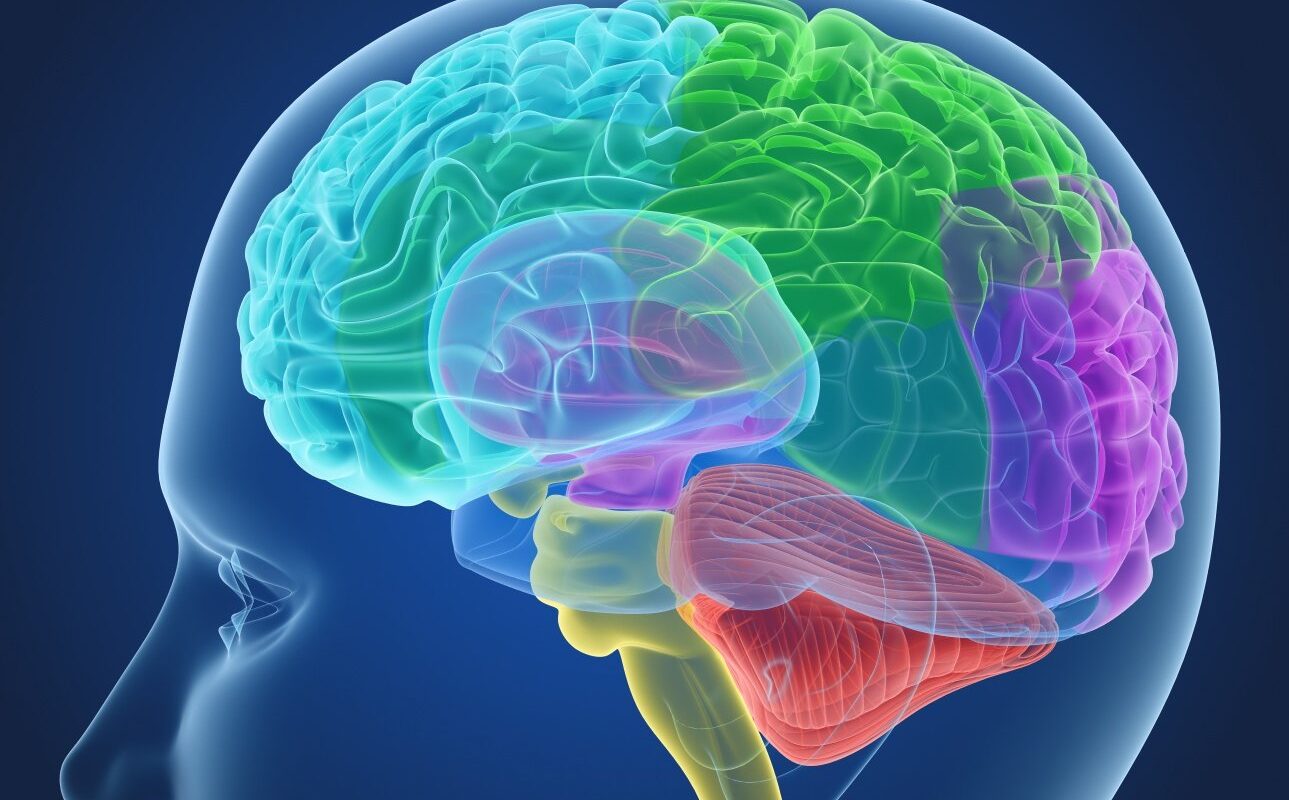Researchers from Zhejiang University in China have discovered that the human brain is capable of processing direct speech and its echo separately, enabling individuals to understand speech even in the presence of echoes. Echoes can make speech more difficult to comprehend, and effectively eliminating echoes from audio recordings has proven to be a challenging engineering problem.
The study, published in PLOS Biology, aimed to gain a better understanding of how the brain deals with echoes by analyzing neural activity while participants listened to a story with and without an echo. The researchers used magnetoencephalography (MEG) to record the neural signals and compared them to two computational models—one simulating the brain’s adaptation to the echo and another simulating the brain’s separation of the echo from the original speech.
Interestingly, the participants were able to understand the story with an accuracy of over 95% regardless of the presence of an echo. The researchers observed that cortical activity in the brain tracked the energy changes related to the direct speech, even in the presence of a strong interference from the echo. The model simulating neural adaptation only partially captured the observed brain response, indicating that the brain’s activity was better explained by a model that separated the original speech and its echo into separate processing streams.
Additionally, the researchers found that participants were still able to mentally separate direct speech and its echo even when instructed to direct their attention to a silent film and ignore the story. This suggests that top-down attention is not necessary for the brain to segregate direct speech from echoes.
The study’s findings have important implications for understanding how the brain processes speech in various environments. Auditory stream segregation, the ability to differentiate and focus on a specific speaker in a crowded environment, as well as understanding an individual speaker in a reverberant space, may rely on the brain’s ability to separate direct speech from its echoes.
Echoes pose a significant challenge for automatic speech recognition systems, as they heavily distort the sound features of speech. However, the human brain has the remarkable ability to segregate speech from its echoes and reliably recognize echoic speech. This study provides valuable insights into the underlying neural mechanisms that enable this process.
The researchers believe that further exploration of auditory stream segregation and the brain’s ability to separate speech from echoes could contribute to the development of improved speech recognition technologies. By understanding how the brain processes speech in challenging acoustical environments, scientists can potentially design algorithms and systems that can effectively eliminate echoes and improve speech intelligibility.
*Note:
1. Source: Coherent Market Insights, Public sources, Desk research
2. We have leveraged AI tools to mine information and compile it




